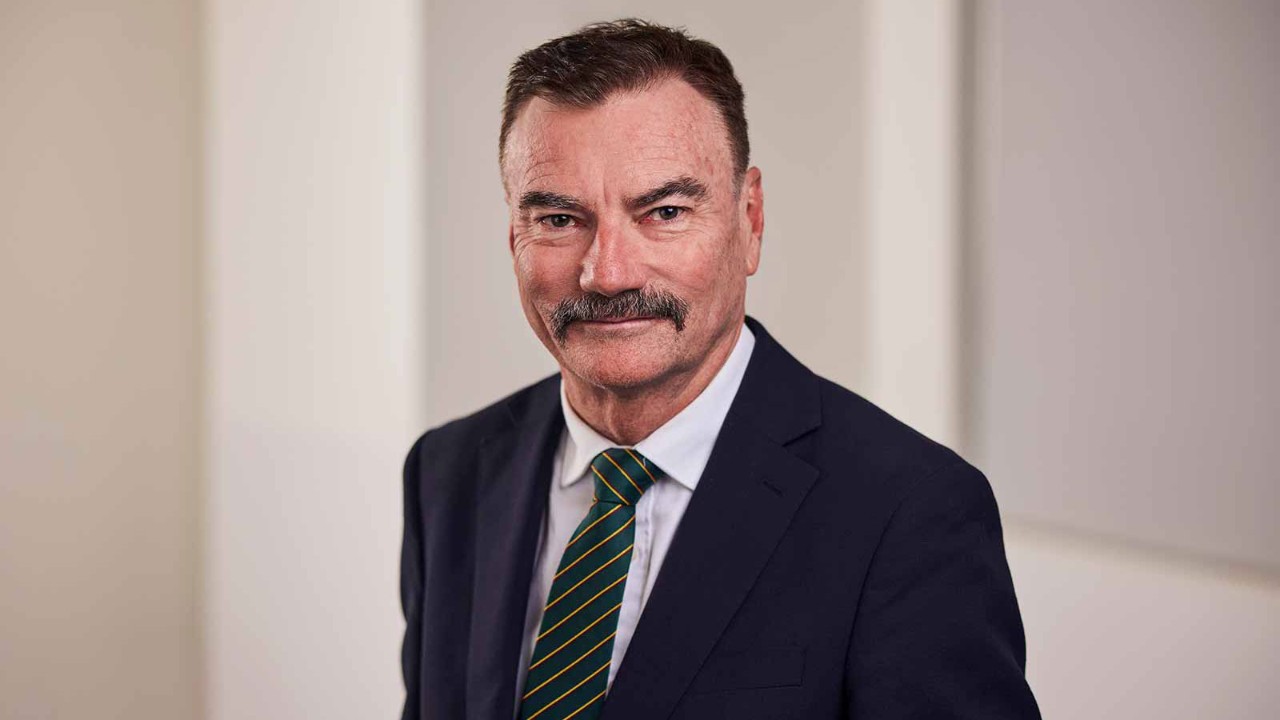
Lee White FCCA says he has the ‘scars’ to prove he has been involved in leading some hefty transformation projects in his career, assignments that may have changed the face of the profession for some practitioners.
But for the man who becomes the new chief executive of the International Federation of Accountants (IFAC) this month – perhaps one of the most elevated roles in accountancy – that experience has also brought lessons that may now seem a million miles from the young trainee accountant who joined Coopers & Lybrand in his native Australia back in 1983.
‘A huge part of delivering success with transformational change is the communication of why it’s occurring’
Back then, life would have been all about technical skills. Now, 40 years on, communication and determination may be the most important qualities he brings to IFAC’s table.
‘In any change management project, you recognise that a proportion of the people you engage with will be more sceptical, more doubtful, about the level of benefits that might be delivered,’ he says. ‘A huge part of delivering success with transformational change is the communication of why it’s occurring, and what it means for people. Part of that, I think, is very much being a good listener, as much as speaking.’
Climbing the ladder
White was with Coopers & Lybrand for 11 years before moving on to become assistant auditor general for New South Wales in 1994, a significant public sector role. A decade later he moved on again, this time to become chief accountant with the Australian Securities and Investments Commission. This was followed by the role of chief executive of the Institute of Chartered Accountants Australia, where he helped steer a merger with a sister body in New Zealand, becoming chief executive of the joined organisations, CA ANZ, in the process.
‘As the public face, it does leave you comfortable and secure in the direction that you’re taking’
That took eight years, and then White was on the move again, this time to the IFRS Foundation, where he led the project to create the International Sustainability Standards Board and two brand-new sustainability standards for use internationally. These, it is hoped, will form the baseline for standardised sustainability reporting around the world once national governments and regulators have had the opportunity to give them a green light.
Focused on outcome
White is quick to stress that it was no ‘whim’ of his that the two big change projects came about; he was appointed to act on existing demands after meticulous preparation. But he is clearly a man to turn to for leading difficult tasks that demand technical ability, diplomacy and an intense focus on a targeted outcome.
Indeed, responding to demand and executing change is what White finds ‘the most rewarding’ part of his past experience. He says he’s never met with outright opposition. But after the ‘scars’ remark, it can’t have been all easy.
‘As the leader, or the public face, it does leave you comfortable and secure in the direction that you’re taking and being able to explain to those who, at times, may not feel the same level of commitment or desire for the change,’ White says. Ever the diplomat.
‘You can sense that new generations now want a sense of really being part part of a purpose’
A new narrative
White moves to IFAC this month, which has as one of its aims to make the profession ‘future ready’. There are major challenges ahead, among them geopolitical uncertainty, sustainability, the rapid pace of technological change and the attractiveness of the profession, to name just the biggest.
Sustainability and the growth of non-financial reporting is the issue that compels White to say he’d ‘love to to be starting my career again now’. But the difficulty attracting recruits to the profession is a concern that was recently highlighted by research by the UK’s Financial Reporting Council, which reported that audit, in particular, was ‘not a fun place to be’.
White takes exception to this, saying he’d ‘challenge that, quite genuinely’. It’s all about addressing the ‘preconceptions’ people have, he says. That will mean forging a ‘narrative’ about accountants – one that might be very different from the one prevalent when White joined up.
White is also ‘upbeat’ about accountants coming to terms with the spread of new technology, even generative artificial intelligence, because ‘our profession has always shown that that it has an ability to adapt to the technology’.
‘If we take the challenge around sustainability and climate, which also pose great opportunities, you can sense that new generations now want a sense of really being part part of a purpose,’ says Lee.
‘We must be able to adapt to changes that occur and to the pace of what occurs’
‘We as a profession can have a great narrative to be more attractive, but we’ve got to really elevate that narrative and test it.’
He adds: ‘I’m optimistic. But also, we’re not entitled; just because we’ve been very successful as a profession to date doesn’t mean that we’ll automatically be the same in the future.
‘We always need to consider what is changing. We must be able to adapt to changes that occur and to the pace of what occurs, and allow that to naturally form the next level of skillsets, the next level of competencies, that are required without moving away from our underpinning around ethics and integrity.’
Accountants, no matter how they adapt, White adds, must never undermine the position of trust they hold in society: ‘Blend trust with new skills, and it’s a very optimistic outlook.’



